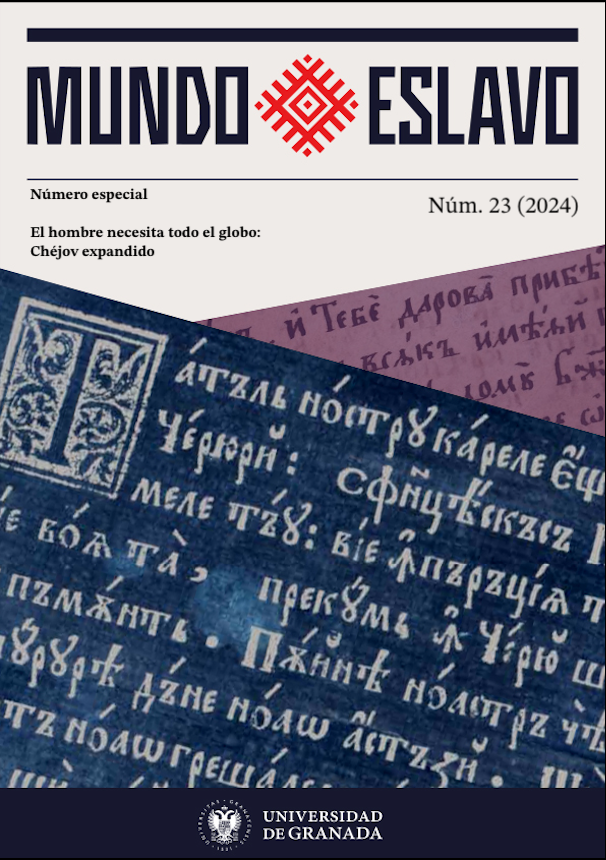The Acquisition of Spanish as a Foreign Language by Russian Speakers Through Subtitling
DOI:
https://doi.org/10.30827/meslav.23.28825Abstract
Among the factors that determine the process of teaching and learning foreign languages, special attention should be paid to the linguistic distance between the mother tongue and the target language. Unlike related languages, typologically different languages, such as Spanish and Russian, which are considered distant languages, lack a shared linguistic and cultural base that would allow students to rely on their mother tongue to communicate in the foreign language. On the contrary, there are significant differences that make the acquisition of the foreign language very difficult. This complexity caused by linguistic and cultural distance often leads to greater frustration as well as lower levels of motivation on the part of learners. This is why it seems necessary to know the profile of the learners in order to adapt the teaching process to their needs and thus achieve optimal learning. In this paper, given the particularities of Russian-speaking learners of Spanish as a foreign language, we propose to implement pedagogical translation, specifically the practice of subtitling, as a complementary activity in order to approach the language from a more dynamic and functional perspective and thus increase learners’ motivation.
Downloads
Downloads
Published
How to Cite
Issue
Section
License
Copyright (c) 2024 Mundo Eslavo

This work is licensed under a Creative Commons Attribution-NonCommercial-ShareAlike 4.0 International License.

CC BY-SA: This license allows reusers to distribute, remix, adapt, and build upon the material in any medium or format, so long as attribution is given to the creator. The license allows for commercial use. If you remix, adapt, or build upon the material, you must license the modified material under identical terms.
CC BY-SA includes the following elements:
BY ![]() – Credit must be given to the creator
– Credit must be given to the creator
SA ![]() – Adaptations must be shared under the same terms
– Adaptations must be shared under the same terms
Authors who publish with this journal agree to the following terms:
1. Authors retain copyright and grant the journal right of first publication with the work simultaneously licensed under a Creative Commons Attribution License that allows others to share the work with an acknowledgement of the work's authorship and initial publication in this journal.
2. Authors are able to enter into separate, additional contractual arrangements for the non-exclusive distribution of the journal's published version of the work (e.g., post it to an institutional repository or publish it in a book), with an acknowledgement of its initial publication in this journal.
3. Authors are permitted and encouraged to post their work online (e.g., in institutional repositories or on their website) prior to and during the submission process, as it can lead to productive exchanges, as well as earlier and greater citation of published work (See The Effect of Open Access).













